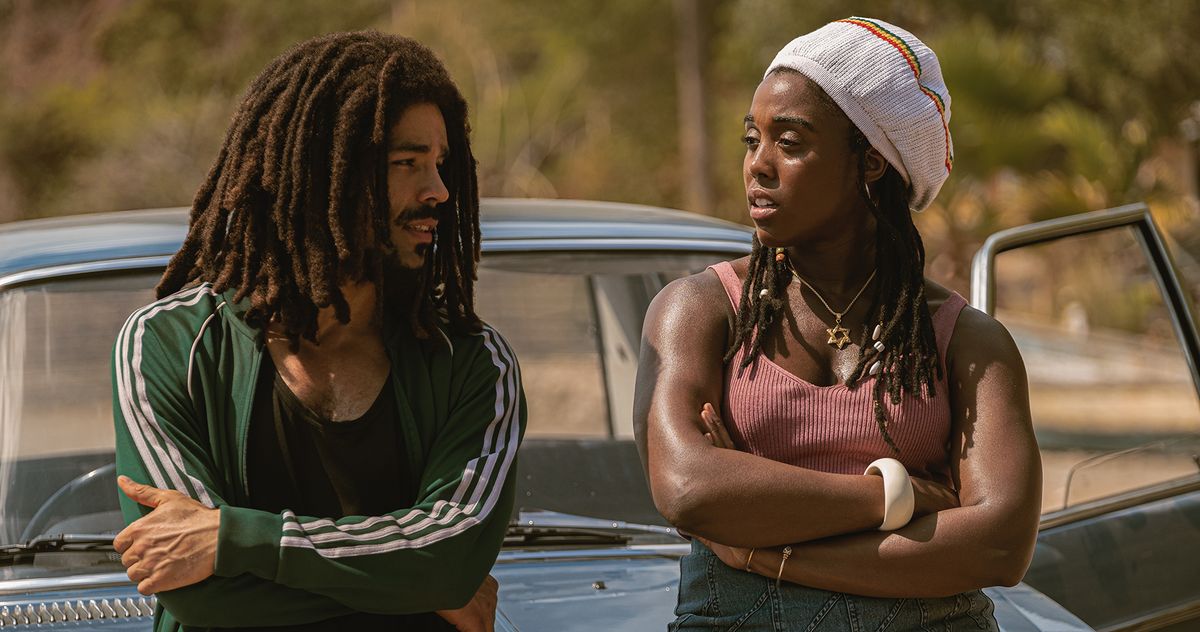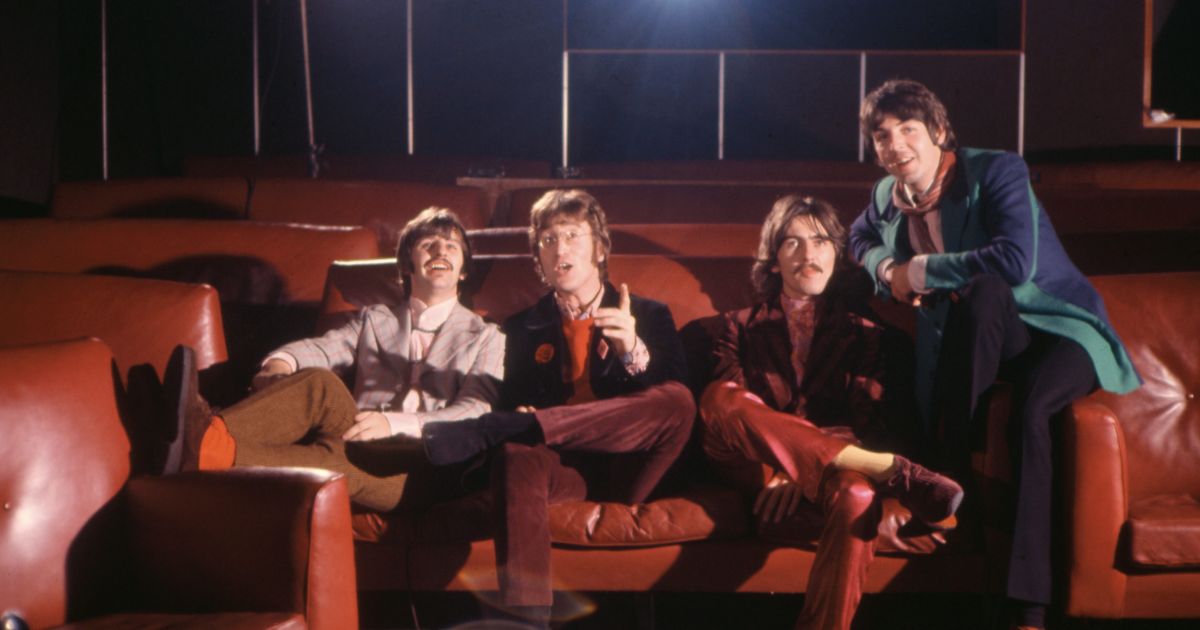
Olivia Benson Can’t Save Us: How Law & Order SVU Takes a Stance Against Police Reform
The night before the world saw Tyre Nichols beaten to death by Memphis police officers, the country’s favorite cop threatened to have a man murdered in prison.
It was a Thursday, and nearly six million viewers tuned into the enduringly popular Law & Order: Special Victims Unit to watch its main character, Captain Olivia Benson, take on an evil Latin American gangster named Oscar Papa. In an earlier episode, Papa’s cronies nearly killed Benson while she was on a nighttime stroll with her son. Now it was payback time, and with seemingly no other way to one-up her nefarious Villain of the Week, Benson mentioned that she could simply move the incarcerated Papa to the same cell block as a rival gang.
Such threats are a far cry from the methods of rule-benders and breakers like Andy Sipowicz, Vic Mackey, or even Benson’s longtime partner, Elliot Stabler. But they are all the more powerful coming from Benson, an empathetic supercop who is far more likely to lend a shoulder to cry on than she is to fire her weapon. If the practically infallible Olivia Benson of all people is making such a threat, then it clearly must be just.
The next night, in another kind of cop narrative, 29-year-old Tyre Nichols called out for his mom while being punched, kicked, and sprayed by five officers of the law.
These scenes signify the main two ways millions of Americans have come to consume police narratives: the latter a horrific, caught-on-body-cam crime; the former a primetime drama in which the crusading police captain takes on the world (and often wins). Law & Order: SVU wants you to think that policing, while tarnished, is a righteous institution, made so by empaths with badges. But despite the quarter century of ostensibly progressive justice-seeking, Olivia Benson can’t save us. Rather, her TV show is the perfect distillation of America’s most harmful police narratives—it’s the televised version of the “bad apples” argument. And, like a lot of enduring narratives, the reason it’s succeeded so long is simple: it’s got a great messenger.
Like all Law & Order shows, SVU borrows plotlines from the headlines. Its revolving door of characters are tasked with nabbing rapists and pedophiles, but their cases often involve everything from cults to cartels and, in the Trump years, several episodes tackled immigration and alt-right fascism. Mariska Hargitay’s Olivia Benson has been the show’s center since its debut in 1999, and despite some enjoyable work from her fellow detectives, her award-winning turn has always been the highlight of the series. No other actor in the Law & Order universe has created a character half as likable (sorry, Sam Waterston), and even when SVU jumps the shark, Benson’s earnestness manages to keep the series more or less grounded.
Yet all too often, the show uses Benson’s unquestionable goodness as a way to pay lip service to larger questions about the role of law enforcement. Cops who are corrupt or overtly racist are treated with contempt by Benson and her crew, but they are often simply booted from the force in episodes that seem intent on reminding you these folks are the exception, not the rule. In one particularly egregious example, one of Benson’s squadmates shoots and paralyzes a young Black boy who, as it turns out, was unarmed. The detective exhibits ample grief and remorse over the incident, but he ultimately keeps his job for a while before moving on (by choice) to a less-stressful occupation. Worse yet, the lawyers and Internal Affairs personnel hounding the detective after the shooting are portrayed as malicious parasites whose sole purpose is to punish decent cops who make mistakes.
As seems to be the case for all cop media, Internal Affairs is essentially a recurring villain on SVU. It’s not until their leader dates Benson that the show admits that yes, maybe this group serves a purpose beyond hassling the good guys. But in that case, Captain Benson is once again the redeemer: She can even make Internal Affairs less scummy.
That’s the crux of SVU’s most troubling conceit: No matter the foe or the circumstances, Olivia Benson is always there to save the day and, in effect, make us feel better about the state of law enforcement. “We can get rid of the worst cops,” Benson said in an episode aired shortly after George Floyd’s murder. The connotation, as always, is that a few pink slips will make everything right again.
One might argue that no show premised on law and order (the concept, not the title), is never going to take too hard of a look at the deep structural flaws of policing in America. However, in its final season, the madcap comedy Brooklyn Nine-Nine delivered a more honest and thorough review of law enforcement than SVU ever has or, likely, ever will. Further, it did so in 22-minute installments that also had to make you laugh. Its characters asked the kind of tough, existential questions about the morality of policing that rarely surface in SVU. In other words, it treated its characters as human beings who also happen to be cops, whereas SVU treats Benson as a cop/social worker/social justice advocate who can single-handedly redeem law enforcement.
This tendency has become painfully obvious in the years since the murder of George Floyd, but it’s always been there. In fact, in recent episodes, federal agents visiting New York to clean up a corrupt unit were depicted as bureaucrats who could never do as good of a job at implementing change as Benson could. As a result, the show echoed yet another anti-reform talking point: “If there’s a problem in a police department, let the police themselves sort it out.”
SVU is a show about the police, and as such, it’s inherently opposed to the large-scale reform that is direly needed after the deaths of Eric Garner, Philando Castile, Breonna Taylor, George Floyd, Tyre Nicholes and many, many others. That’s to be expected. But the show’s insistence on presenting Olivia Benson, Hero Cop as a cure for our ills is—at best—a bit tired.
At worst, SVU reinforces the same flawed narratives that stand in the way of a better future.
Tyler Hicks is a writer and journalist based in Dallas, Texas. His work has also appeared in The New York Times, Al Jazeera, The Daily Beast and many other publications.
For all the latest TV news, reviews, lists and features, follow @Paste_TV.









































![iFi's GO Bar Kensei Dongle DAC Supports K2HD Technology With Some Samurai Swagger [Updated] iFi's GO Bar Kensei Dongle DAC Supports K2HD Technology With Some Samurai Swagger [Updated]](https://i0.wp.com/cdn.ecoustics.com/db0/wblob/17BA35E873D594/33FF/45A11/QTXOLJR4xDKSNMMk2WlTgjaIlvSgcYpeU1xJzUwIoYs/ifi-go-bar-kensei.jpg?w=768&ssl=1)






















